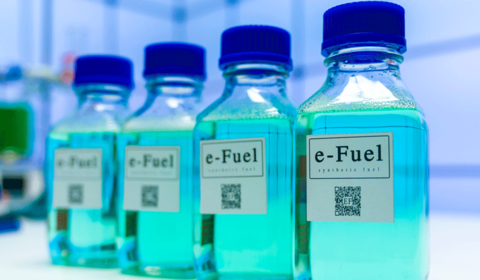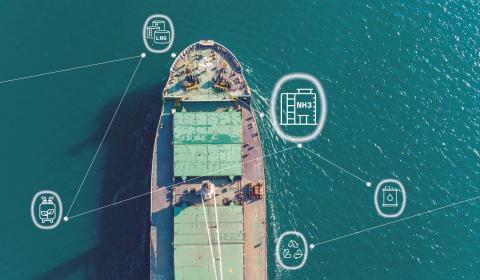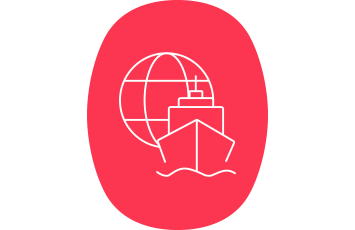
FUELEU MARITIME: POOLING EXPLAINED
FuelEU Maritime is a European Union (EU) regulation established to increase the use of renewable and low-carbon fuels and limit greenhouse gas (GHG) emissions. From 2025, FuelEU Maritime will apply to all ships of 5,000 GT and over calling at EU ports, regardless of their flag. The regulation’s scope covers 100% of energy use for voyages within the EU, and 50% for voyages between an EU and non-EU port.
To facilitate compliance, FuelEU Maritime permits the voluntary pooling of emissions between vessels. Let’s explore the benefits of pooling and the conditions shipowners need to meet.
Getting ready for compliance
FuelEU Maritime entered into force in October 2023 but will only apply from 1 January 2025.
The first step for shipowners will be to submit an emissions monitoring plan by 31 August 2024. Shipowners will be required to monitor both the type and amount of energy used, in port and at sea. This includes well-to-wake emission factors for all fuels.
Emissions data must be submitted to the verifier by 31 January each year. By 31 March, shipowners will receive a report from the verifier and have to pay any applicable penalties, before receiving the year’s FuelEU certificate at the end of June.
Looking to 2050
Annual emissions reduction targets will gradually increase between now and 2050 as low-carbon fuel technology advances and fuels become more readily available. These five-year increments have been set as follows:
- 2% from 1 January 2025
- 6% from 2030
- 14.5% from 2035
- 31% from 2040
- 62% from 2045
- 80% from 2050
From 2030, regulations will also make the use of onshore power supply (OPS) at berth mandatory for passenger and container vessels in a number of selected EU ports (AFIR ports). OPS will be a requirement for other ports (non-AFIR ports) from 2035.
Pooling: a means to balance emissions
Pooling is a mechanism that gives shipowners some flexibility in achieving compliance. Emissions can be pooled between two or more ships verified by the same body to achieve compliance per individual ship. This includes ships controlled by different companies.
Nevertheless, pooling is subject to certain conditions. For one, the total pooled compliance must be positive. This means ships cannot have a greater deficit after pooling emissions. Take the example of two ships controlled by the same company. By pooling one ship at 120% compliance and another at 80%, the balance is 100% compliance. However, pooling two ships at 80% results in the same compliance deficit and is therefore not permitted.
To pool compliance, ships must have also been compliant the previous year and each ship can only be included in one pool per reporting period.
Further mechanisms for compliance
Other mechanisms in place to aid compliance with FuelEU Maritime include borrowing and banking. Ships can either bank their compliance surplus for the subsequent reporting period, or borrow compliance surplus in advance from the following period to compensate for a deficit. Banking and borrowing remain subject to approval and limits set out by the regulation.
Navigating the energy transition together
At Bureau Veritas, we are by our clients’ side to help them navigate the ongoing energy transition. In addition to our range of Rules on alternative fuels and propulsion systems, we support our clients in understanding and meeting their compliance requirements.
“The next few years will prove challenging for shipowners as evolving international and regional regulations come into force, many with increasingly stringent annual targets. We are accompanying shipowners every step of the way. Drawing on our longstanding expertise, we help our clients make the best use of the measures that make sense for them to achieve compliance with FuelEU Maritime.” Julien Boulland, Global Market Leader – Sustainable Shipping










